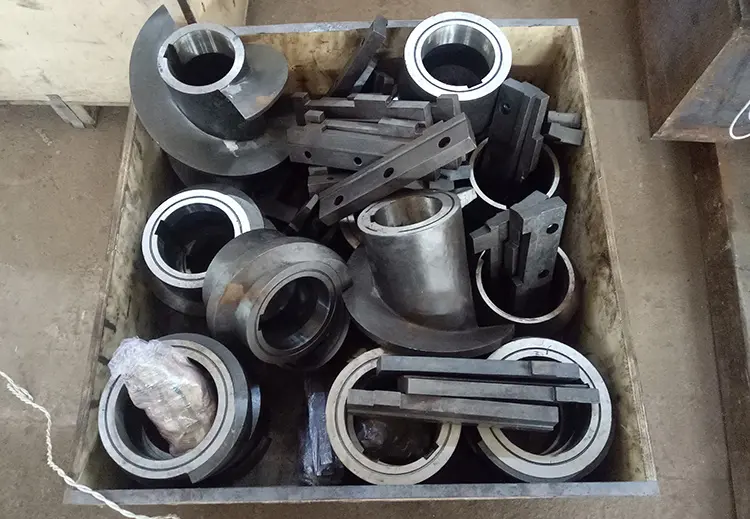Jul . 28, 2024 14:31 Back to list
Refined Mustard Oil Production Units and Their Quality Considerations in the Market Today
Understanding the Refined Mustard Oil Production Process and Its Benefits
Mustard oil, derived from the seeds of the mustard plant, has been an essential cooking and culinary ingredient for centuries, especially in South Asian cuisines. Refined mustard oil is a versatile oil known for its pungent flavor, high smoke point, and unique health benefits. This article explores the refined mustard oil production process, its characteristics, and the reasons behind its growing popularity.
Production Process of Refined Mustard Oil
The production of refined mustard oil involves several stages, starting from the extraction of oil from mustard seeds. This process typically employs one of two methods mechanical pressing or solvent extraction.
1. Seed Preparation Initially, the mustard seeds are cleaned to remove impurities such as dirt, stones, and other seeds. This ensures that the final product is not compromised by foreign characteristics.
2. Oil Extraction The next step is extracting the oil. Mechanical pressing involves crushing the seeds in a hydraulic press to release oil. On the other hand, the solvent extraction method uses chemical solvents like hexane to dissolve the oil from the seeds. This method is more efficient and yields a higher quantity of oil, but it may require additional refining to remove any traces of solvent.
3. Refining Process After extraction, the oil often contains various impurities, such as free fatty acids, phospholipids, and color compounds. Refining processes typically include degumming, neutralization, bleaching, and deodorization. During degumming, water is added to remove gum-like substances. Neutralization involves treating the oil with alkaline solutions to eliminate free fatty acids, which can contribute to rancidity. Bleaching uses adsorbents to remove color pigments, while deodorization involves heating the oil under a vacuum to eliminate volatile compounds that contribute to undesirable odor and taste.
mustard oil refined unit product

4. Packaging and Distribution Once refined, mustard oil is cooled, filtered, and packaged in suitable containers for distribution. Proper packaging is crucial to maintaining the oil's quality and extending its shelf life.
Health Benefits and Characteristics
Refined mustard oil is celebrated not only for its culinary uses but also for its health benefits. It is rich in monounsaturated fatty acids (MUFAs), which are known to promote heart health by lowering bad cholesterol levels. Additionally, mustard oil contains omega-3 and omega-6 fatty acids, essential for maintaining a balanced diet.
Moreover, mustard oil has natural antifungal and antibacterial properties, making it a popular choice for promoting overall health and wellness. Its high smoke point (around 250°C) makes it ideal for high-heat cooking methods, such as frying and sautéing, allowing the oil to retain its nutritional properties without breaking down.
The Growing Popularity of Refined Mustard Oil
In recent years, refined mustard oil has gained recognition beyond traditional cuisines, appealing to health-conscious consumers. As people become more aware of the benefits of using natural oils instead of processed alternatives, mustard oil has seen increased demand in global markets. Additionally, its distinctive flavor enhances a variety of dishes, further contributing to its popularity.
In conclusion, refined mustard oil is a valuable culinary and health asset. Understanding the production process helps consumers appreciate the quality and benefits of this unique oil, making it a staple in kitchens around the world. Whether used for cooking, salad dressings, or health remedies, refined mustard oil undoubtedly deserves a prominent place in the modern diet.
-
High-Efficiency Peanut Oil Refined Machine for Quality Oil Production Leading Exporters & Companies
NewsJul.08,2025
-
High Efficiency Sunflower Seed Oil Press – Leading Cooking Oil Press Machine Factories & Suppliers
NewsJul.08,2025
-
High-Efficiency Soybean Oil Press Machine – Leading Exporters & Reliable Companies
NewsJul.07,2025
-
High-Efficiency Seed to Oil Extractor – Reliable Extraction Machinery for Your Business
NewsJul.07,2025
-
High-Quality Pressing Screw of Oil Expeller for Efficient Oil Extraction Leading Exporters & Manufacturers
NewsJul.06,2025
-
High-Efficiency Essential Oil Extraction Machine Trusted Exporters & Companies
NewsJul.06,2025
